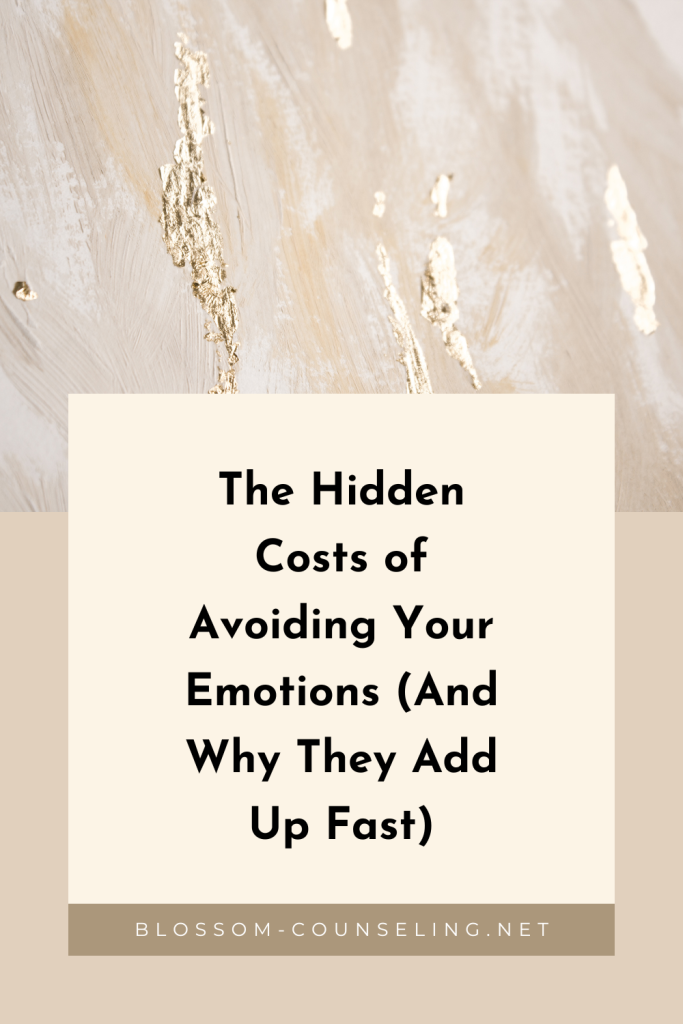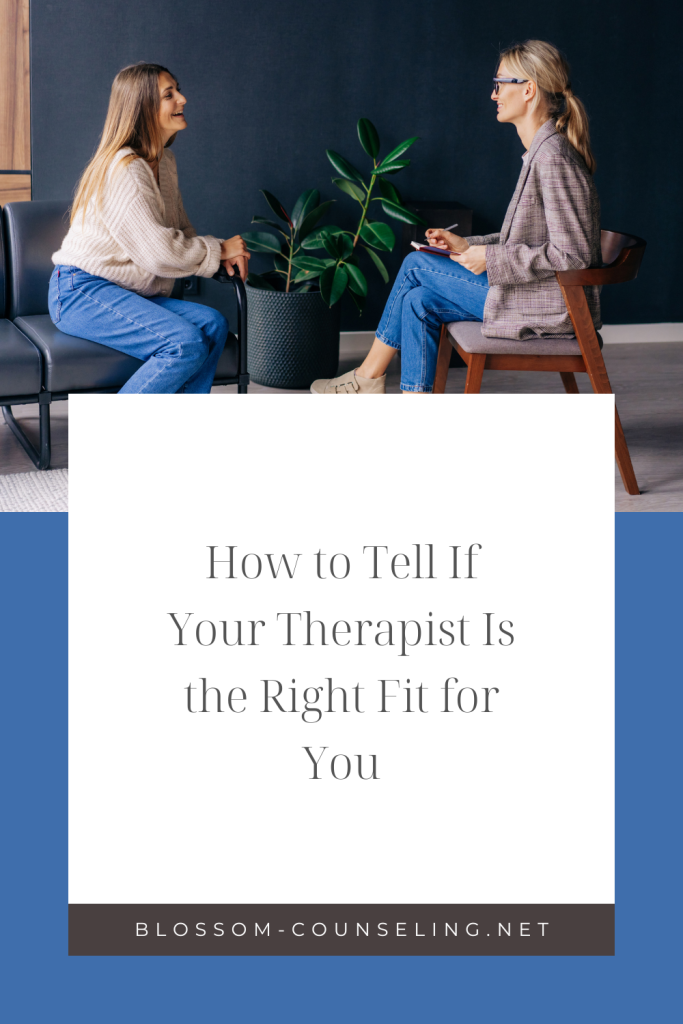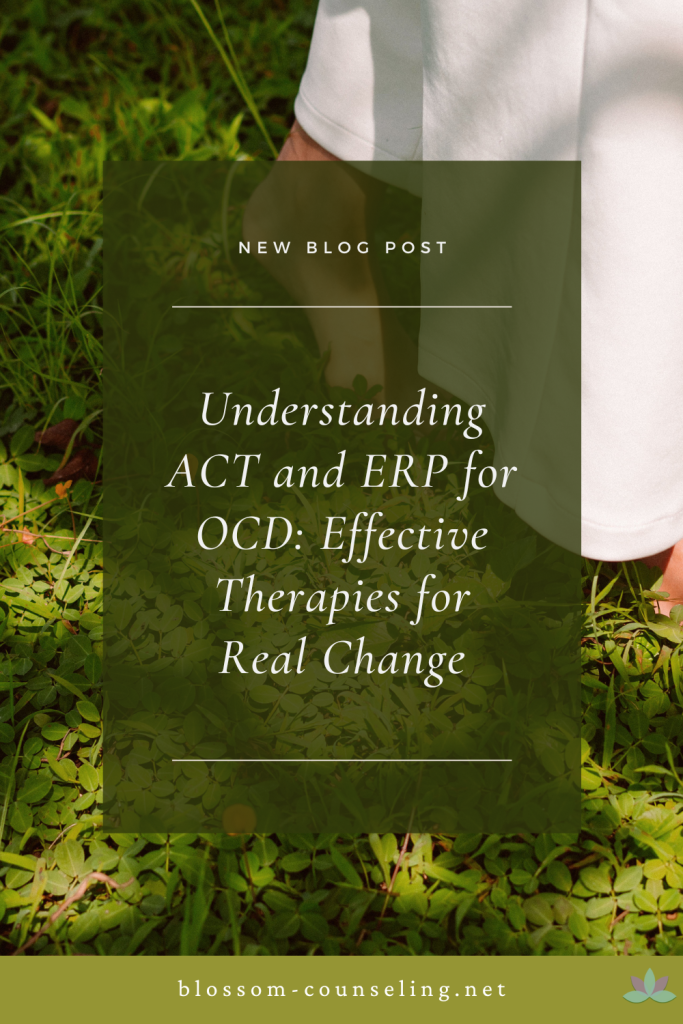
Have you ever felt like emotions are an inconvenience—something to be ignored, stuffed down, or shoved to the side until you have time to deal with them (which, let’s be honest, is never)? Maybe you pride yourself on being logical, staying busy, or keeping things “under control.” The problem? Avoiding emotions doesn’t make them disappear—it just changes the way they show up. And whether you realize it or not, avoiding emotions comes with a cost.
The Energy Drain You Don’t Notice (Until You Do)
Think of emotions like unopened emails. Ignoring them might seem like the easiest option at first, but they don’t vanish just because you don’t read them. Instead, they pile up in the background, cluttering your mental space and draining your energy. You might not even realize how much effort you’re spending avoiding them—distracting yourself with work, doomscrolling, or keeping your schedule packed to the minute.
Ever wonder why you feel exhausted even after a full night’s sleep? Emotional avoidance is like running a dozen apps on your phone at once—eventually, your battery drains.
The Physical Toll: When Avoidance Becomes Stress
Your emotions are wired into your nervous system, and when you suppress them, your body takes the hit. Research shows that avoiding emotions is linked to higher levels of stress hormones like cortisol, which can contribute to headaches, digestive issues, chronic pain, and even a weakened immune system. Over time, this chronic stress can lead to bigger health problems—think high blood pressure, tension-related disorders, and burnout.
That tightness in your chest? The constant tension in your shoulders? The brain fog? These aren’t random. They might be your body’s way of trying to tell you something.
The Relationship Toll: When Emotional Walls Keep People Out
If avoiding emotions was a solo activity, that’d be one thing. But emotions are the foundation of connection, and when you avoid yours, it often creates distance in your relationships.
- You downplay your feelings → People don’t know what’s really going on with you.
- You avoid difficult conversations → Resentment builds in friendships and relationships.
- You don’t express needs or boundaries → You feel disconnected, but no one knows why.
Over time, avoiding emotions can make relationships feel hollow. When you don’t engage with your feelings, you unintentionally make it harder for others to engage with you.
The Financial Toll: Coping That Comes at a Cost
Avoiding emotions doesn’t mean they go away; it just means you find other ways to cope. Some of those ways can get expensive—retail therapy, excessive workaholism, impulsive decisions, self-medicating with food, alcohol, or other habits that provide short-term relief but long-term consequences.
Think about how much money (and time) is spent on things that are really just distractions from deeper feelings. Emotional avoidance can fuel patterns of numbing and escape, but it rarely leads to the peace you’re actually looking for.
So… What’s the Alternative?
Feeling your emotions doesn’t mean being controlled by them. It means learning to listen, process, and move through them in a way that helps you rather than harms you. It means recognizing that emotions are just information—not enemies, not inconveniences, but signals guiding you toward what matters.
Processing emotions is like strengthening a muscle. The more you practice, the easier it gets. And when you stop avoiding, you stop paying the hidden costs—freeing up energy, improving relationships, and giving yourself the chance to truly feel at home in your own life.
Our team of compassionate therapists is here to help you find the support you need. We believe in a holistic approach, treating your mind, body, and spirit. With a blend of traditional and alternative therapies, we tailor your experience to meet your unique needs. At Blossom, we create a non-judgmental space where you can be your authentic self. Our goal is to empower you, amplify your strengths, and help you create lasting change. Together, we’ll navigate life’s challenges and help you bloom, grow, blossom! You deserve to become the best version of you.




